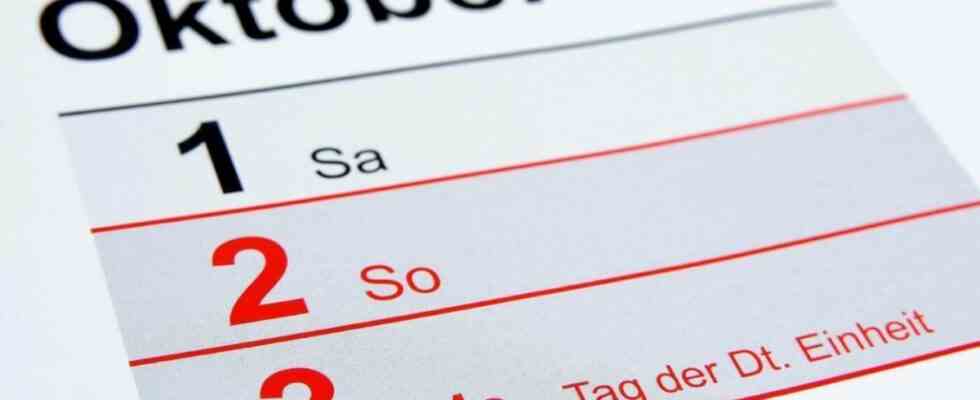October 3rd fell on a Monday this year, which meant a long weekend for many. But not for most of the Ebersberg district clinic, not for me either – and certainly not for the staff from numerous other industries: We were working. On such long weekends, but also on ordinary Sundays or public holidays, I experience one thing again and again: patients with an attitude of expectation as if there were neither public holidays nor weekends for all employees of a hospital.
To be clear, the vast majority of patients behave sympathetically. You are also aware without explanation that the staffing level on such days looks different than on a normal Wednesday morning. Namely much thinner: There is an emergency occupation.
The initial diagnostics, which include taking a blood sample in the emergency room or connecting the patients to our monitoring monitors as soon as they are in our intensive care unit, is still ongoing. On the other hand, all functional and diagnostic areas, such as radiology or endoscopy, are on call from about 4 p.m. on weekdays and on weekends and public holidays. This is informed if an urgent intervention is necessary for a patient. Not with everything else.
Intensive care specialist Pola Gülberg from the Ebersberger district clinic.
(Photo: Peter Hinz-Rosin)
Urgent intervention is necessary when there is a risk that the patient’s condition will acutely deteriorate or even death if this or that examination is not carried out immediately – it is an emergency. But many a patient imagines himself as such, although he is not. Or thinks that the clinic is available 24/7 for routine check-ups.
Every now and then a patient has said to me: “You don’t do anything here anyway, I can go home again.” But that’s not true. After all, we monitor all vital functions. If there were a development that turned the patient into an emergency, we would of course actively intervene immediately.
In my many years as a nurse I’ve learned that most people who say things like that just don’t know any better. Very few people know about the processes in a clinic, the prioritization that we have to make in care. That’s why I take my time and explain in such cases why something is done when – and why not at the moment. Most then develop an understanding. But some remain recalcitrant. Such people are probably closest to themselves and therefore do not want to understand at all.
Pola Gülberg is an intensive care nurse. In this column, the 38-year-old talks about her work at the district clinic in Ebersberg every week. The collected texts are below sueddeutsche.de/thema/Auf Station to find.

